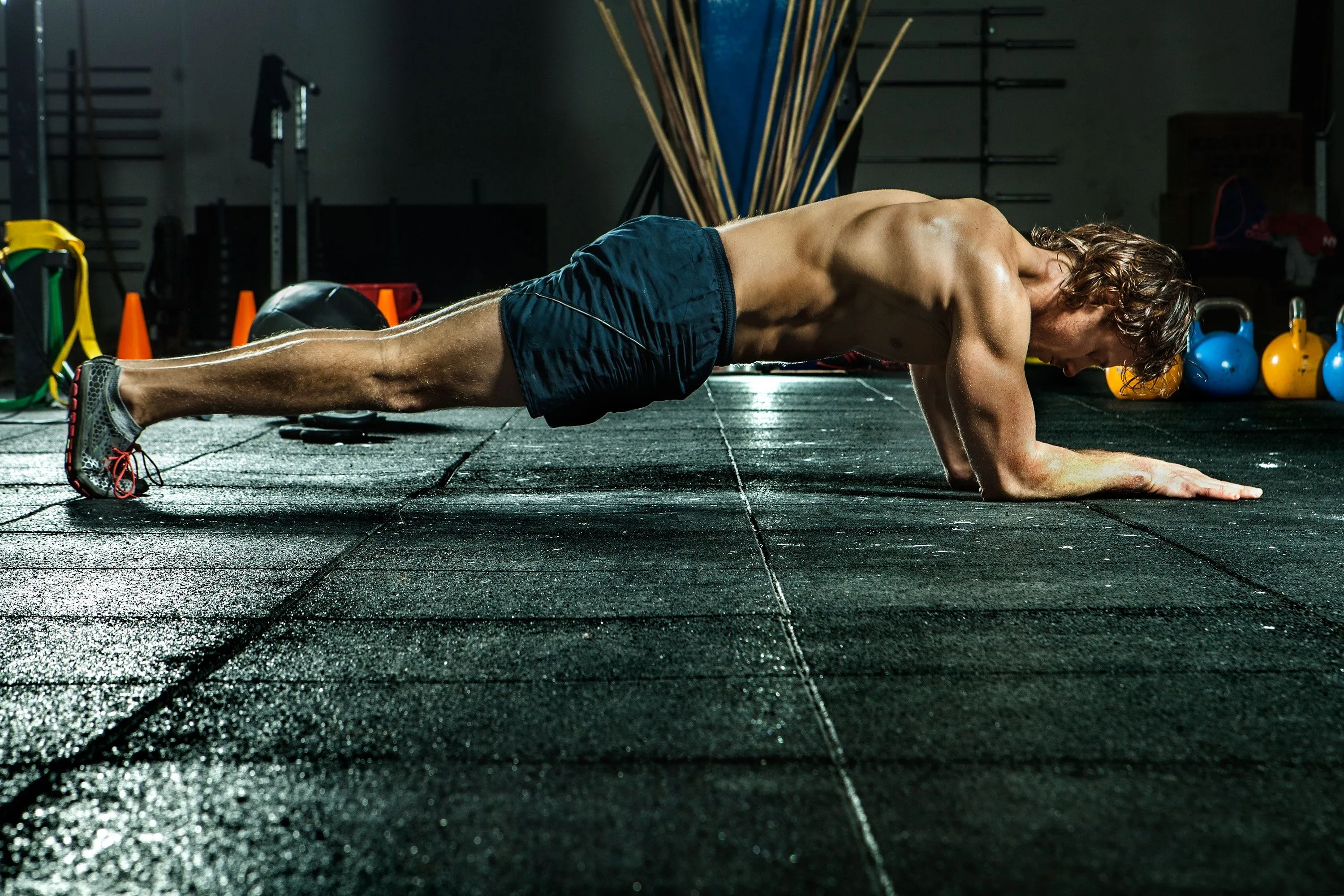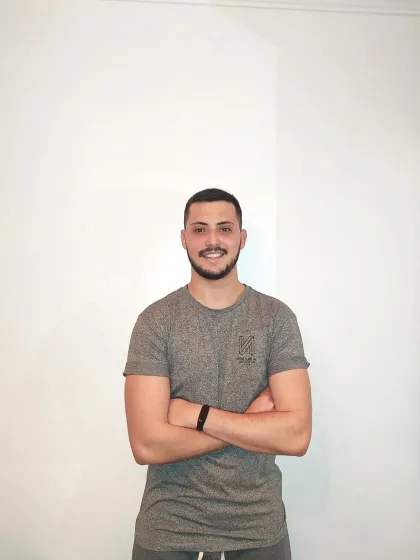Hello very good,
First of all forgive if there is already a thread that treats this topic (I have been investigating a little and I have not seen anything about it).
I present myself, I am a 20 -year -old boy, diagnosed T1 diabetes for about 2 months.
I have always been quite thin so I sign up for the gym with what leads to eat a lot of HC and proteins.
I did not fatter anything and started drinking a lot of water from there to diagnose diabates.
My question is, can I eat all the HC rations that I want to increase my weight whenever I put the corresponding fast -acting insulin?
I am currently eating about 3200kcal, about 30-35 rations of HC, and always adjusting the fast insulin that I need according to the time of the day.
He has not yet given me any hypoglycemia and I have quite normal blood sugar values almost never exceeds 200.
Is it bad to get a lot of insulin?
At first I put about 5-8 you a day, now when I eat so many HC I am in about 30 units.
Could my HC intake increase with your corresponding insulin?
Or is it too much daily insulin?
Thank you :)





